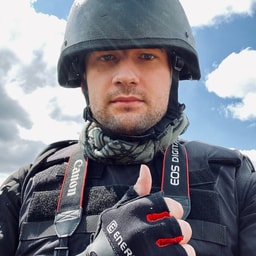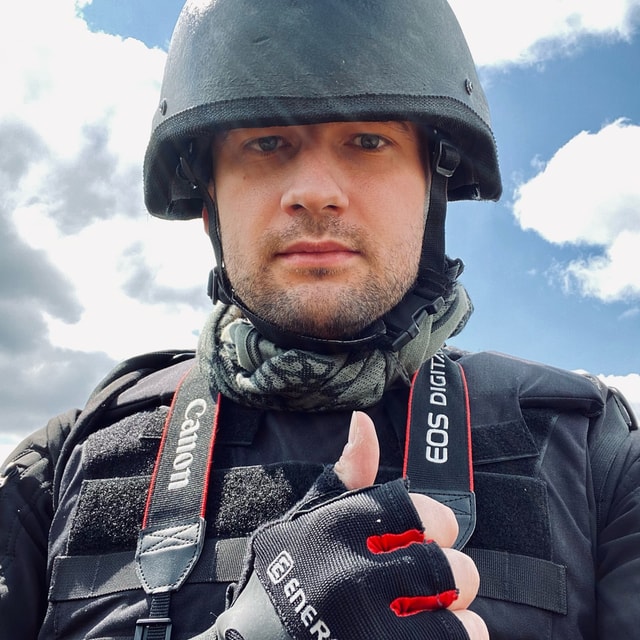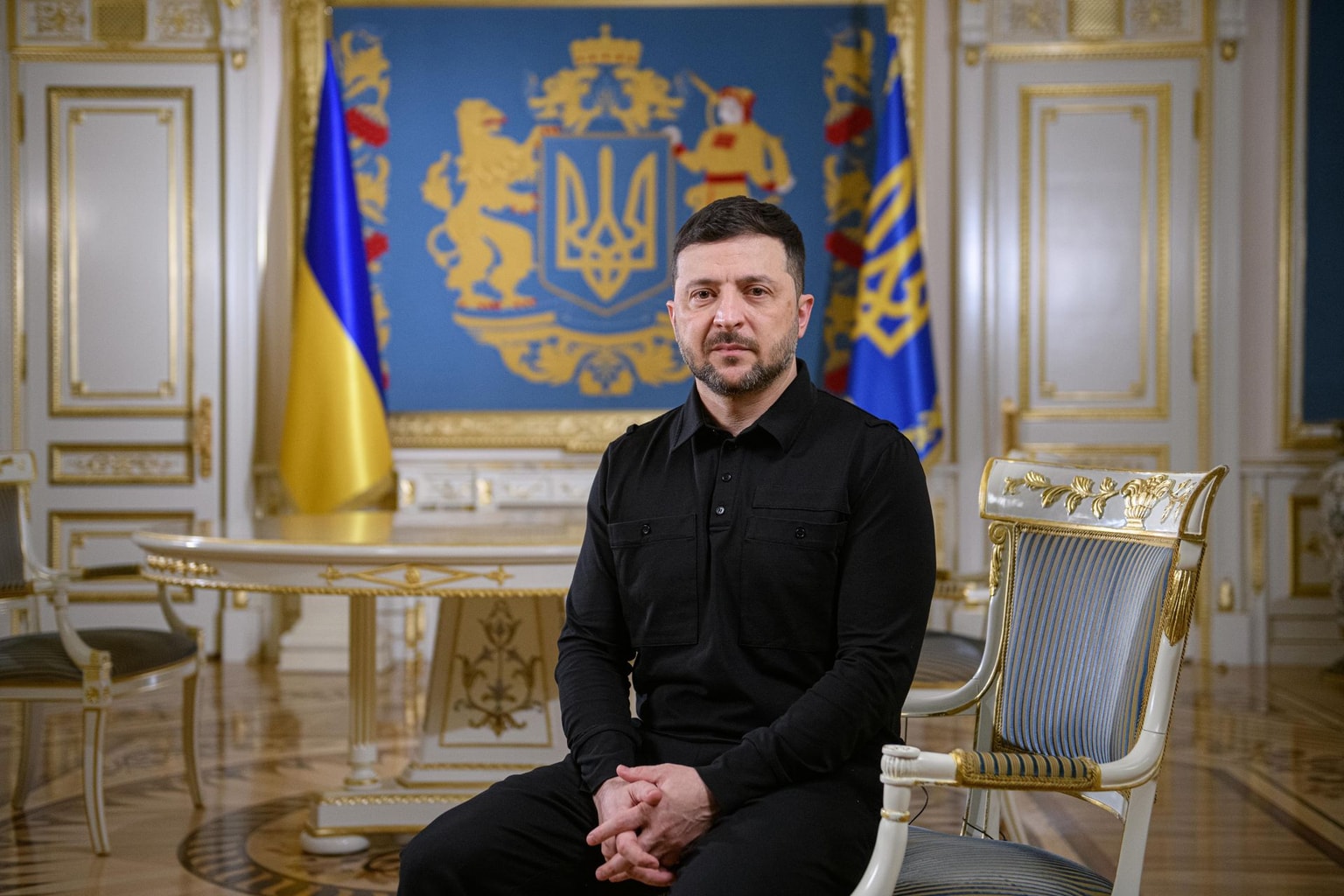US think tank: Russia unlikely to invade Ukraine, wants to force concessions

Russia may have no intention of launching a large-scale invasion of Ukraine despite its recent military buildup, instead aiming to force the West into political concessions, according to the Institute for the Study of War (ISW), a Washington D.C.-based think tank.
In a report issued on Dec. 9, the research center said that Kyiv and its Western allies should take the buildup of 100,000 Russian troops on Ukraine's borders and in occupied Ukrainian territories seriously. Nonetheless, the report went on to state that a careful examination of "Russian information operations directed at Russia’s population and that of Ukraine suggests that Putin is not yet actively setting conditions to invade."
An examination of the costs and realities of a further Russian invasion of Ukraine led the ISW to forecast that such a scenario is highly unlikely at present.
"A full-scale Russian invasion of unoccupied Ukraine would be by far the largest, boldest, and riskiest military operation Moscow has launched since the 1979 (Soviet) invasion of Afghanistan," the ISW said, adding that such an action "risks generating a large number of Russian casualties."
The Soviet-Afghan war lasted ten years, from 1979 to 1989, and caused the deaths of around 15,000 Soviet troops, while estimates of Afghan deaths vary from 500,000 to 2 million.
"(Russian President Vladimir) Putin’s control of Russia is not so secure that he can ignore the unrest and instability that angry soldiers’ families could cause — such anger at Soviet deaths in Afghanistan was, after all, a driver of the series of events that led to the Soviet Union’s collapse."
"It would be far more complex than the U.S. wars against Iraq in 1991 or 2003. It would be a marked departure from the approaches Putin has relied on since 2015, and a major step-change in his willingness to use Russian conventional military power overtly. It would cost Russia enormous sums of money and likely many thousands of casualties and destroyed vehicles and aircraft."
"Even in victory, such an invasion would impose on Russian President Vladimir Putin the requirement to reconstruct Ukraine and then establish a new government and security forces there more suitable for his objectives."
According to the report, a Russian invasion may also involve numerous discrete operations to achieve more limited objectives at lesser cost and risk, such as:
- Deploying Russian airborne and/or mechanized units to Belarus. The troops would support a planned attack on Ukraine and pose threats to NATO member states;
- Deploying Russian mechanized, tank, artillery and support units overtly into occupied Donbas;
- Breaking out from occupied Donbas to establish a land bridge connecting Russian-occupied Crimea with mainland Russia along the northern Azov Sea coast, as well as seizing Kherson Oblast and securing the Dnipro-Crimea water canal which supplied the peninsula with drinking water until the flow was cut by Ukraine;
- Conducting airborne and amphibious operations to seize the southern city of Odesa;
- Launching a mechanized assault to seize the eastern city of Kharkiv.
The last two options are the most problematic for Russia, according to the ISW. The seizure of Odesa via amphibious or airborne operations will be inherently risky, no matter how well-rehearsed and planned, while the assault on Kharkiv will create the challenge of capturing and holding a strategic city of over 1.5 million people.
"We assess that Putin is unlikely to conduct either of these courses of action independently of a full-scale invasion," the think tank said.
"There are good reasons to question Putin’s seriousness about preparing for an invasion, despite the ostentatious military measures he has taken to get ready for one. Putin and other Russian officials openly recognize Russia’s economic weakness and its implications for military operations."
Instead, the ISW says that the most likely explanation for the current buildup is Russia trying "to panic the West into surrendering important principles and accepting Russian actions that would damage Western interests and security severely but would seem less dangerous when compared to the massive threat Putin is presenting to Ukraine."
"Putin has thus already achieved important objectives as a result of the buildup. He has redirected the Western policy discourse about Russia and Ukraine away from issues such as the Nord Stream 2 pipeline, Russia’s continued occupation of Donbas and illegal annexation of Crimea, and preparations to move Russian ground forces permanently into Belarus and/or overtly into occupied Donbas. As a result of Putin’s actions, the United States and NATO have made clear that they will not defend Ukraine by force. Putin has enmeshed the United States in a new diplomatic process."
At the same time, the think tank believes that the West is likely to make new concessions to Russia over the next two months as part of its diplomatic effort to de-escalate the situation.
"Putin’s 'concession' may be nothing more than not invading Ukraine. If he never intended to invade Ukraine, he will have received quite a lot while giving up almost nothing," the ISW concluded.










